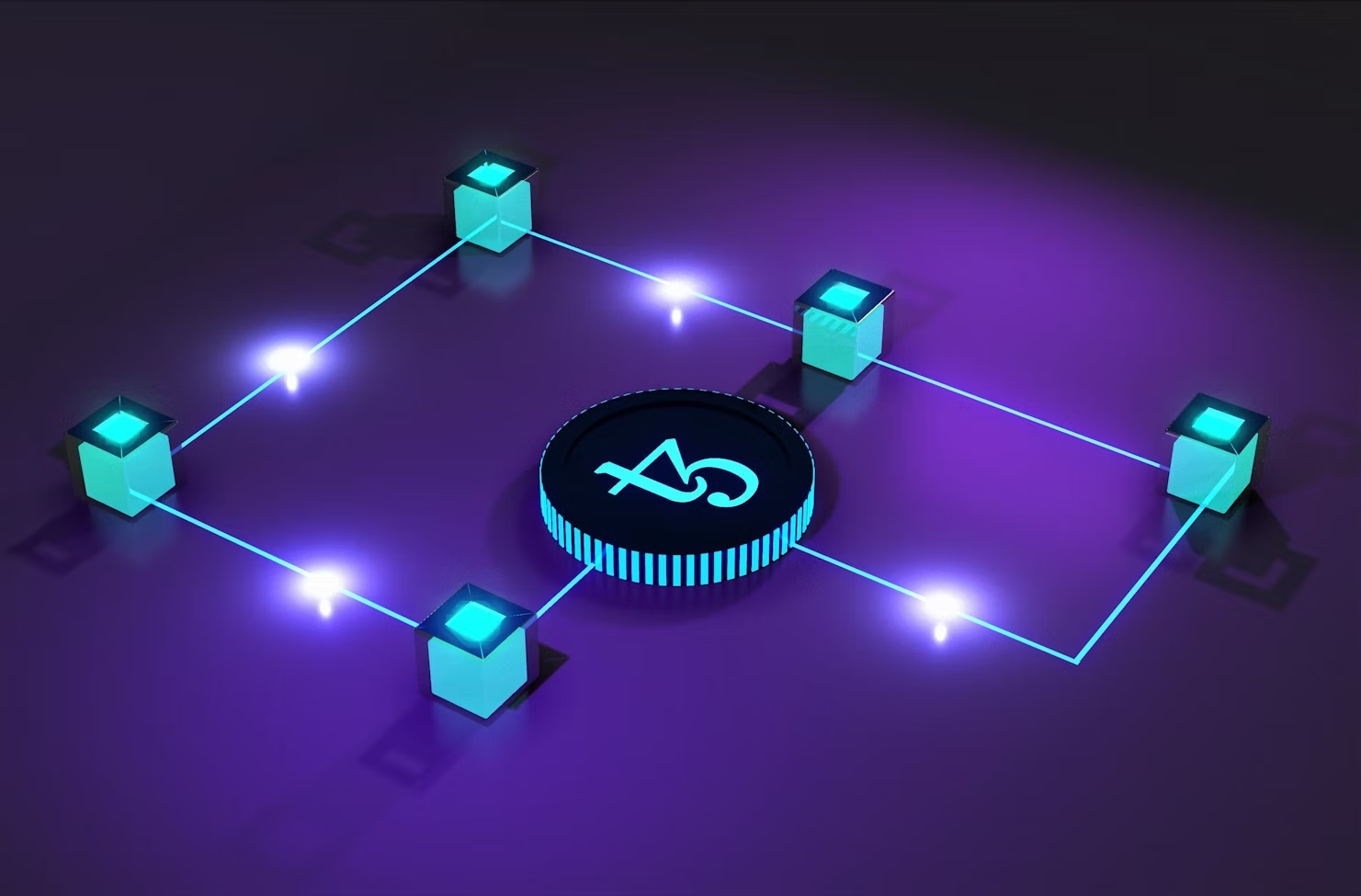Artificial Intelligence (AI) has already begun reshaping industries across the globe, and its influence will only grow stronger by 2025. From healthcare to finance, manufacturing, and transportation, AI will continue to drive innovation and open up new possibilities. In this blog, we’ll explore how AI is evolving, the key trends to watch, and what we can expect in the coming years.
AI in Healthcare: Revolutionizing Diagnostics and Treatment
By 2025, AI will play a pivotal role in healthcare, particularly in areas like diagnostics, personalized medicine, and drug discovery. AI-powered algorithms will be able to analyze medical images, like X-rays and MRIs, with greater accuracy than ever before, helping doctors diagnose conditions earlier and with more precision. With machine learning algorithms, AI will continuously improve its diagnostic capabilities, learning from millions of data points to detect even the most subtle anomalies.
Additionally, AI will enable the creation of personalized treatment plans, taking into account a patient's genetic makeup, lifestyle, and medical history. This will lead to more effective treatments and faster recovery times, while also reducing the trial-and-error process that often comes with traditional medicine.
AI in Transportation: Autonomous Vehicles and Smarter Cities
In the realm of transportation, AI will continue to make huge strides by 2025, with autonomous vehicles becoming increasingly common on our roads. Self-driving cars will improve safety, reduce traffic congestion, and make transportation more accessible to people with disabilities. By integrating AI with other technologies like 5G and IoT, autonomous vehicles will be able to communicate with each other and with traffic infrastructure, optimizing traffic flow and reducing the risk of accidents.
In addition to autonomous vehicles, AI will play a central role in smart cities, where traffic management, energy use, and infrastructure will be optimized using AI-powered systems. These systems will predict traffic patterns, monitor air quality, and even manage waste disposal, making cities more sustainable and efficient.
AI in Business: Automation and Decision-Making
By 2025, AI will continue to automate many aspects of business operations, from customer service to supply chain management. With AI-powered chatbots and virtual assistants, businesses will be able to handle customer queries 24/7, providing instant responses and freeing up human agents to tackle more complex issues.
AI will also enhance decision-making in businesses by analyzing large sets of data and providing valuable insights. For instance, AI can help businesses optimize marketing strategies by predicting consumer behavior or recommend the best investment options based on market trends. The ability of AI to process vast amounts of data quickly and accurately will allow businesses to make better, data-driven decisions in real-time.
Ethical AI and Ensuring Fairness
As AI continues to advance, concerns over ethics and bias in AI systems will become even more pressing. By 2025, we can expect an increased focus on creating ethical AI that is transparent, fair, and accountable. Efforts will be made to ensure that AI algorithms do not perpetuate existing biases, and that AI systems are designed to serve the common good.
Governments and organizations will establish stricter regulations and guidelines for the ethical development and deployment of AI technologies. This will ensure that AI remains a force for good, addressing societal challenges without exacerbating inequalities.
AI in Creativity: The Rise of AI-Generated Art
AI's role in creativity will also grow significantly by 2025. From music composition to painting and writing, AI will be used to generate original works of art. While some may question the authenticity of AI-generated content, others will embrace it as a new form of artistic expression.
AI tools like OpenAI’s GPT and DALL·E are already making waves in the creative industry, and by 2025, we can expect to see more sophisticated AI-driven tools that allow artists to collaborate with machines in new and innovative ways. AI’s ability to learn from massive datasets of existing artwork will enable it to generate new and unique pieces that push the boundaries of traditional art forms.
Conclusion: AI's Bright Future
As we look toward 2025, it's clear that artificial intelligence will continue to evolve and shape nearly every aspect of our lives. From improving healthcare and transforming transportation to automating business processes and inspiring creativity, AI has the potential to revolutionize the way we live and work.
However, as we embrace these innovations, it will be crucial to remain vigilant about the ethical implications of AI. Ensuring that AI is developed and used responsibly will be key to unlocking its full potential while mitigating potential risks.
In the coming years, AI will undoubtedly be at the forefront of innovation, enabling us to solve complex problems and create new opportunities that we can only begin to imagine today.




